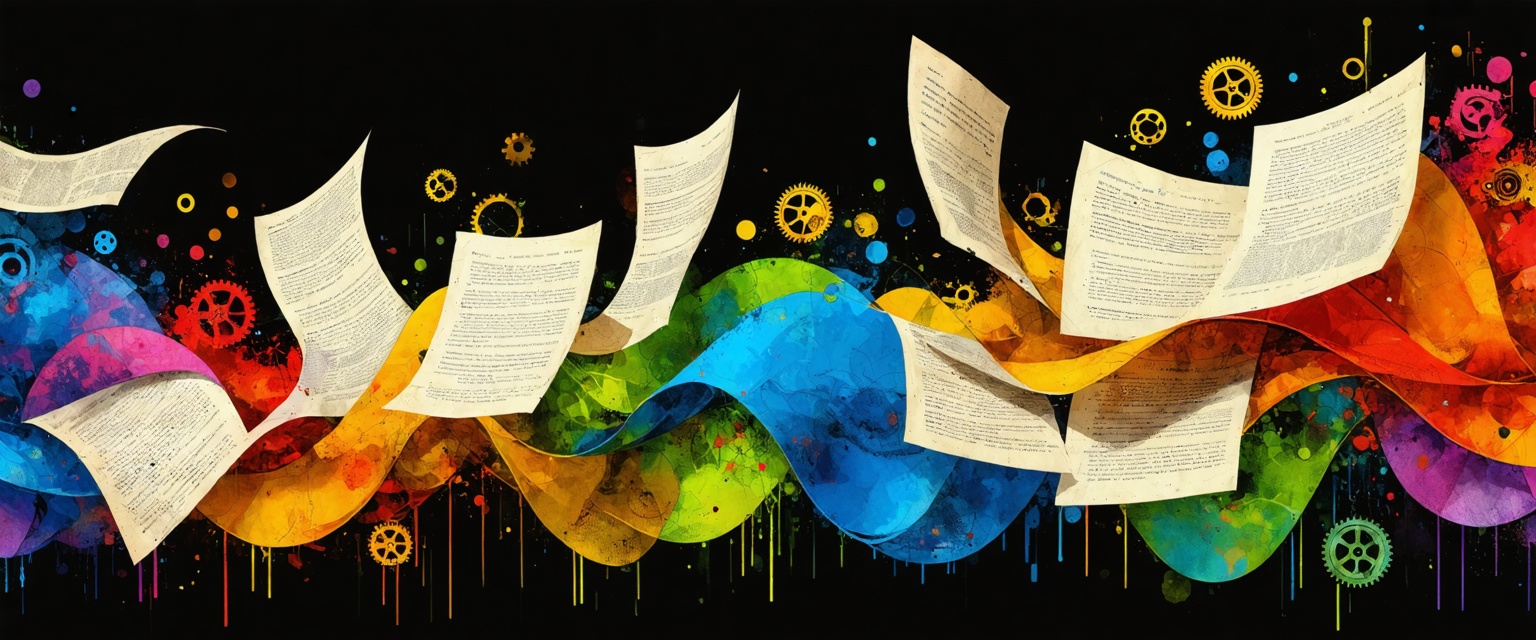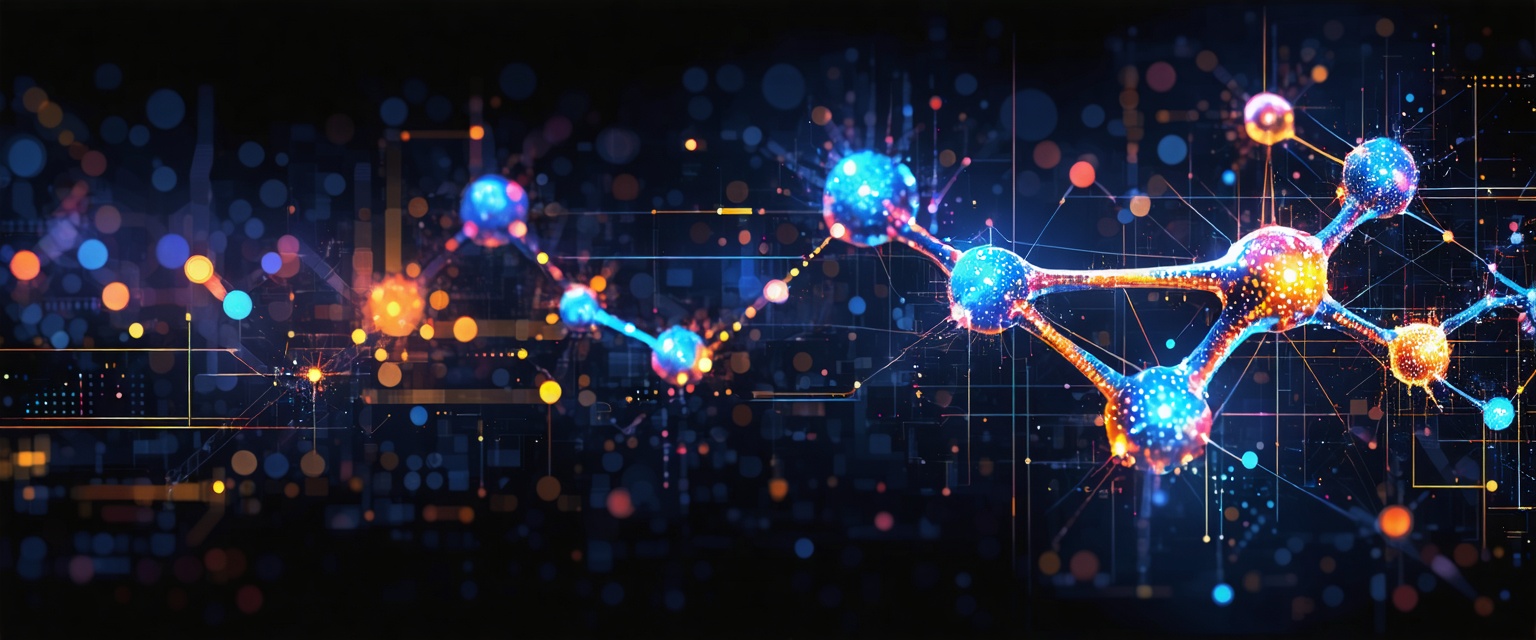Discover how AI transforms construction by automating tasks and enhancing forecasting accuracy, leading to improved project management and team productivity.
Managing construction projects can feel like navigating a maze of disjointed data and endless manual tasks. When information is scattered across platforms and repetitive administrative work consumes your day, critical deadlines slip and costly mistakes happen.
The core problem is inefficiency caused by fragmented data and time-consuming tasks. But what if you could unify your data sources and automate those tedious processes? That's where AI comes in—revolutionizing how task assignments and forecasting are handled in construction.
Datagrid's data connectors offer a solution to streamline your project management. In this article, we'll explore how AI automates task assignments and forecasting in construction, showing you how Agentic AI can be the game-changer you need.
The Role of AI in Automating Task Assignments
In construction project management, AI eases the administrative load by automating task assignments, allowing teams to focus on strategy.
Types of AI Used in Task Automation
- Machine Learning (ML): ML analyzes past data to find patterns and adapts as project needs evolve. It pairs tasks with the right people based on skills and schedules, keeping operations smooth.
- Natural Language Processing (NLP): NLP serves as an assistant who never misses a detail. It reads meeting notes and project briefs, extracts important information, and highlights what needs attention.
- Predictive Analytics: Predictive analytics shows where your project is headed. By analyzing data from multiple sources, it helps you foresee bottlenecks, dodge risks, and plan with confidence.
Automation of Tedious Tasks
AI steps up to handle grunt work in construction. AI scheduling tools and progress tracking keep your project on course by updating calendars, sending reminders, and transcribing meetings. It also aids in automating the creation of documents, saving time and ensuring consistency.
Chatbots manage file sharing and instant messaging, making communication seamless. By delegating data entry and updates to AI, you reduce mistakes and focus on what matters.
Impact on Workforce Productivity
Letting AI handle repetitive tasks boosts your team's productivity and morale. It fine-tunes resource allocation, showing managers who's available and suited for each task. AI also enhances overall team engagement by improving communication and collaboration.
With real-time data, you can make quick decisions and free your team from administrative burdens.
How AI Enhances Forecasting Accuracy in Construction Projects
AI-Driven Predictive Analytics for Construction Forecasting
In construction, by tapping into historical logs, live sensors, and current metrics, AI forecasts timelines and budgets with newfound precision. Moreover, AI tools can monitor external factors, including social trends and public sentiment, that may affect project timelines and costs.
Instead of guessing, you make data-driven decisions, allowing your team to act before small issues become major delays.
AI Tools in Action
Across the industry, AI-driven platforms like Procore are incorporating narrow AI (ANI) to manage tasks and extend forecasting horizons. Integration tools are also key. By integrating Salesforce with DocuSign, teams can streamline contract management and approvals, reducing manual workflows. Professionals report fewer project hiccups and smarter scheduling thanks to AI.
Benefits of AI-Driven Automation
Efficient Resource Allocation
AI assigns the right person to the right job, using skills and availability as a guide. This data-driven matching cuts down on miscommunication and saves time. Additionally, AI streamlines processes like proposal creation and review, allowing managers to focus on strategic decisions. Integrations such as Salesforce-LinkedIn can enhance resource allocation by providing up-to-date information on potential hires and networking opportunities. AI also automates data enrichment processes, ensuring that resource data is accurate and up-to-date.
With real-time predictions, project managers are alerted to upcoming resource shortages, allowing for swift action.
Improved Collaboration in Construction Teams
AI platforms capture meeting notes and generate summaries instantly, keeping everyone in the loop without juggling multiple documents. Integrations like integrating Salesforce with Slack enhance team collaboration by ensuring that important updates and project data are shared seamlessly.
Chatbots and dashboards handle updates and nudge teams as deadlines approach. These features foster a shared understanding of milestones, costs, and next steps.
Reduction in Human Error
Manual data entry often leads to mistakes. AI minimizes errors by automatically gathering and analyzing data from various sources. By automating PDF conversion and document handling, AI ensures that data is accurately captured and integrated into systems, further reducing the potential for human error. Detecting anomalies becomes easier, and predictive modeling helps managers preempt issues.
Challenges and Limitations
Resistance to AI Technology
Not everyone welcomes AI. Some worry it could replace them, while others distrust automated insights. Open communication and training ease these concerns. Demonstrating AI’s role as a supportive tool rather than a replacement encourages collaboration.
Integration Issues with Existing Systems
Legacy systems and new AI tools don't always mesh, leading to data gaps and siloed workflows. Organizations need plans to ensure smooth integration. AI also requires quality data, which can be challenging in environments with limited historical records or inconsistent tracking.
Strategies for Workforce Adaptation
Training is key. Offering education on technical AI fundamentals and soft skills like problem-solving helps teams embrace AI-driven workflows. Specialists can oversee data quality and usage. Emphasizing a "human plus AI" framework rather than a full replacement fosters buy-in.
How Agentic AI Simplifies Construction Task Automation and Forecasting
Agentic AI is transforming how construction teams manage large-scale projects by automating task assignments and enhancing forecasting accuracy.
Platforms like Datagrid offer data connectors and AI agents that sync with commonly used construction software, taking on tasks that would otherwise clog schedules.
Linking Procore, PlanGrid, or Autodesk BIM 360 with Datagrid ensures RFPs, submittals, and change orders flow automatically, reducing tedious data entry.
AI agents process bid documents, compare them to archived data, and flag potential issues. Tracking permits and deadlines across multiple cities or agencies becomes far simpler.
Datagrid also connects with Microsoft Project, Primavera P6, Sage 300, or QuickBooks to pull in schedules and budgets in real time.
From scanning submittals to generating progress reports or monitoring compliance updates, the AI handles time-consuming tasks so managers can focus on higher-impact work. Alerts route through Slack or Microsoft Teams, ensuring nothing slips through the cracks.
By delegating routine chores to Datagrid’s AI agents, construction professionals can keep projects moving, maintain clear communication with stakeholders, and make room for growth and client engagement.
Simplify Construction Project Management with Agentic AI
Ready to revolutionize your construction project management with AI-powered automation? Datagrid is your solution for:
- Seamless integration across all major construction platforms (Procore, PlanGrid, BIM 360)
- AI-driven RFP analysis and bid management
- Automated submittal and change order processing
- Real-time project insights and schedule optimization
See how Datagrid can help you increase process efficiency.
Create a free Datagrid account













